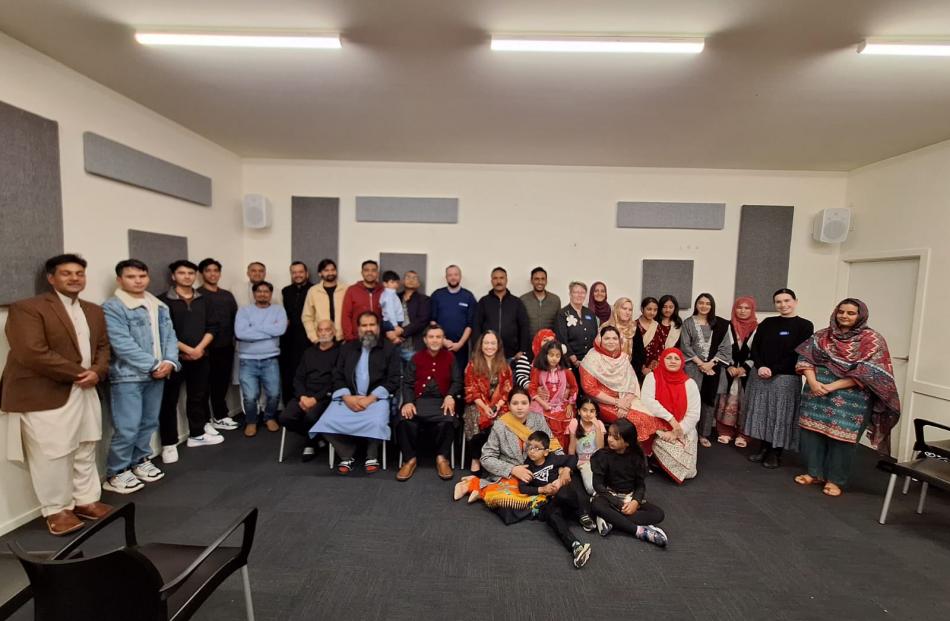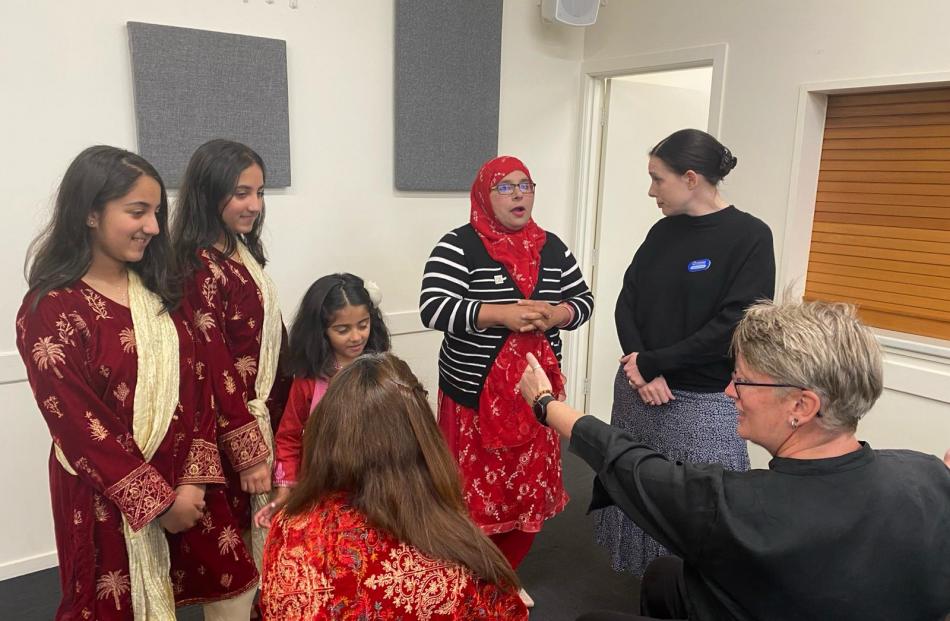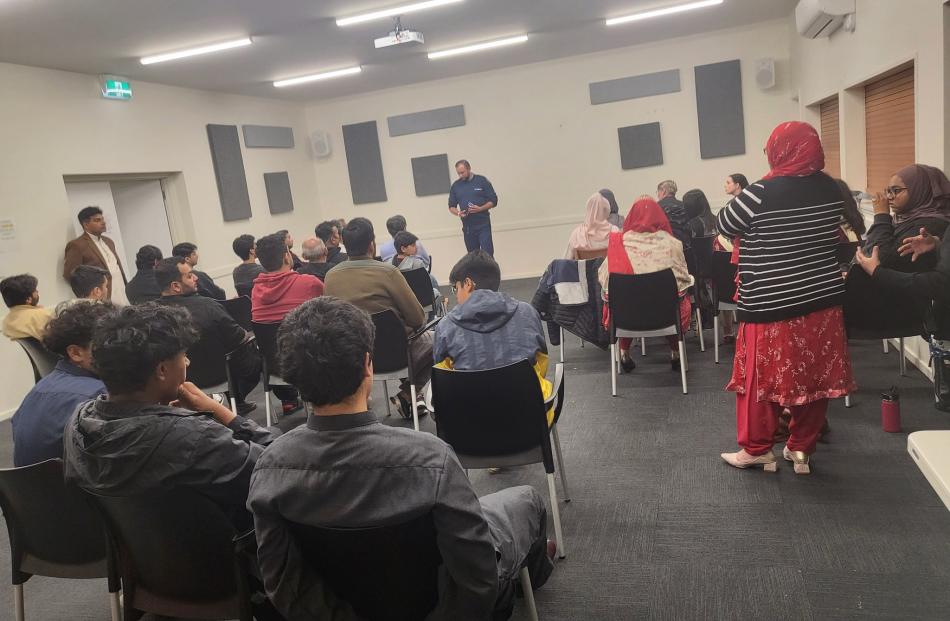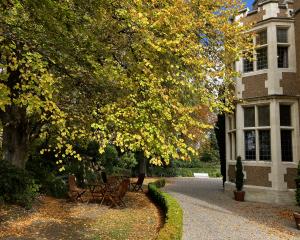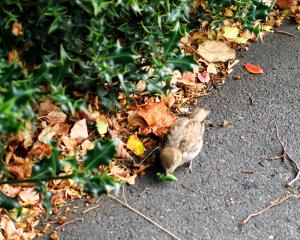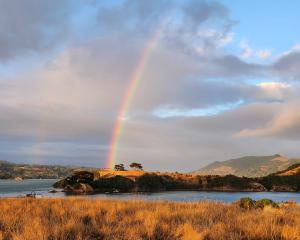Once again, the time has arrived when Muslims worldwide prepare to embrace the sacred month of Ramadan.
Following the lunar calendar, Ramadan, the ninth month of the Islamic calendar, is observed with profound reverence and enthusiasm across the globe.
During this auspicious month, Muslims abstain from food and drink from dawn until dusk, and are encouraged to partake in various acts of charity, as the rewards for such deeds are believed to multiply manifold compared to other times.
This year, Muslims from Otepoti united to celebrate the festivities of Ramadan, which underscore the significance of self-discipline and communal sharing, fundamental tenets of community service.
The Dunedin Pakistan Society facilitated an opportunity for Pakistani Muslim immigrants and the broader Muslim community to come together for a communal Iftar Party on March 25th along with hosting another on 31st March at Al-Huda Mosque in Dunedin.
Ramadan, being a time for sharing and fostering community spirit, prompted the invitation of Constable Garth Sheehan, Ethnic People's Community Relations Officer of the New Zealand Police, along with Jemma Adams and Barb Long from the Otago Community Trust, to shed light on the blessings of Ramadan and raise awareness about the challenges faced by ethnic communities and avenues for support.
The event not only fostered meaningful connections but also served as a poignant reminder of how migrant Muslims yearn for their homelands and families during this month of collective prayers, Sahoor (pre-dawn meal), Iftar gatherings, and small acts of kindness.
Back in Pakistan, the resonating beats of drummers awakening townsfolk in the early hours for Sahoor, along with announcements from local mosque loudspeakers signaling the remaining time until Sahoor's conclusion and the commencement of morning prayers, are dearly missed.
Reduced work and school hours afford individuals the opportunity to frequent mosques for the five daily prayers and endeavor to complete the recitation of the Holy Quran—an aspiration encouraged year-round but particularly emphasized during Ramadan.
The cherished tradition of Ramadan television transmissions, airing from late afternoon until night, featuring diverse programming ranging from cooking segments to religious scholars addressing pertinent issues and showcasing charitable endeavors, including game shows and family sitcoms, evoke nostalgia for the communal spirit experienced back home.
While reminiscing about these traditions, the community Iftar provided a platform for sharing individual Ramadan rituals and delectable cuisine, fostering a sense of unity and belonging among participants.
It reinforced the notion that though physically distant from our homelands, we are now integral members of the Dunedin and wider Aotearoa community, where we coexist harmoniously and share in the spirit of peace and solidarity.

